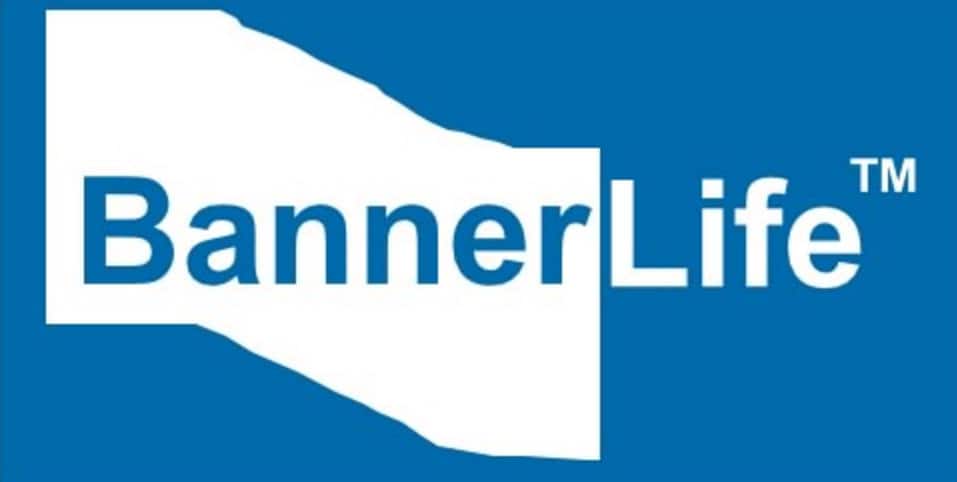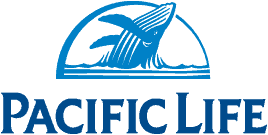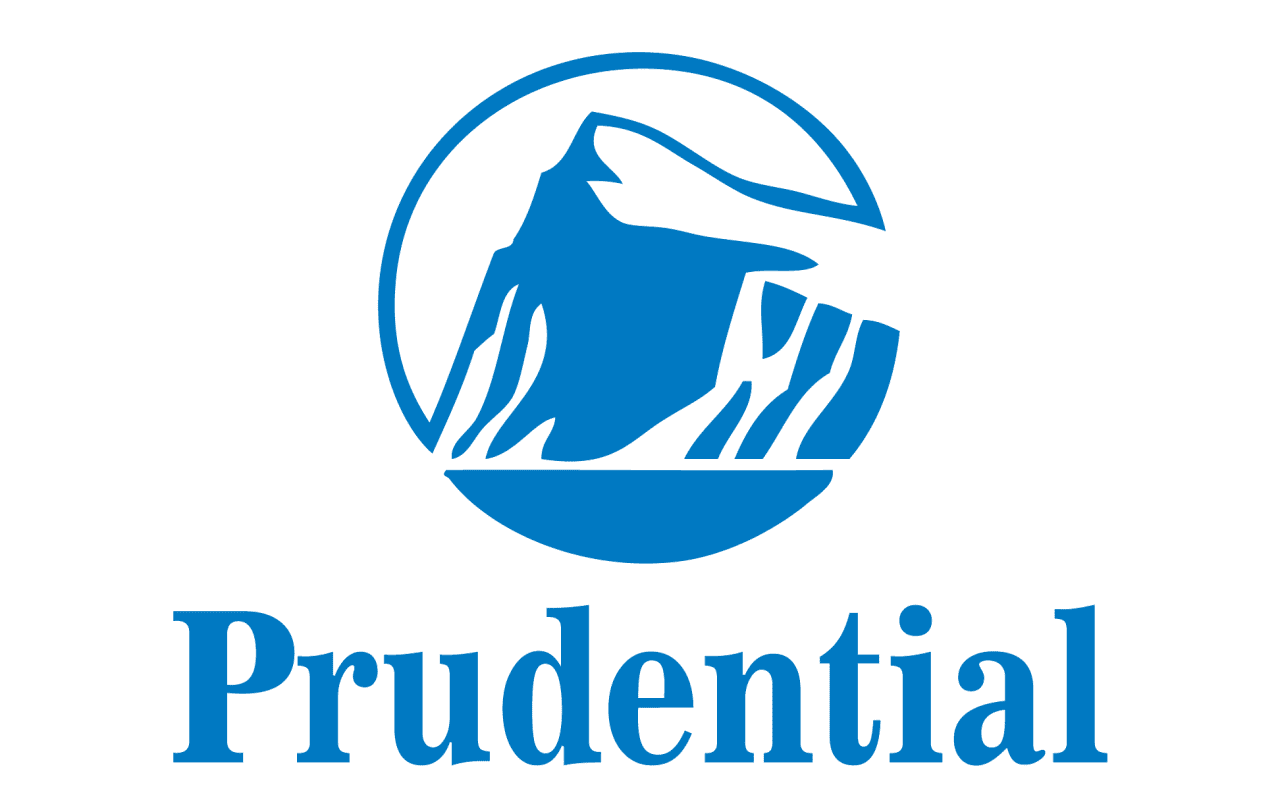An error encountered loading your Dappier widget.
Please make sure you have configured your widget correctly.

At LifeInsure.com, we prioritize your convenience and peace of mind. Our platform is designed to provide you with instant, transparent life insurance quotes from the industry’s best companies—without the need to share your personal information.
Here’s what sets us apart:
Term life insurance is simply life insurance with a finite time period of coverage. You can purchase a term policy with either 10, 15, 20, 25, or 30-year terms (35 and 40-year term with a few companies.
The premium is level throughout the term, and at the end of the term, you have the option to renew the coverage annually up to a certain age (varies by the insurance company).
Most term life insurance policies also have the option to convert to a permanent policy (up to a specific age established by each insurance company). You can see term life insurance quotes by clicking the button above.
The main benefit of term insurance is the cost. Term life insurance typically has significantly lower premiums than permanent policies because, while a permanent policy’s death benefit is guaranteed for life (no matter how long it is), a term policy will only pay the death benefit if the insured person passes away during the term period.
Unlike permanent policies, term life insurance does not accumulate any cash value. It offers pure insurance coverage and pays a death benefit, provided the insured person dies during the policy term. If you outlive the term of your policy, no benefits will be paid, and you will not receive the premiums back.
Although term insurance does not provide lifetime (permanent) insurance coverage, there are many features and benefits that have allowed term insurance policies to continue to grow in significant sales and policy count.
Since the mortality rate for policyholders that purchase term life insurance is very low, the insurance companies pay out very few claims compared to permanent insurance, which allows them to provide coverage at much lower rates.
This makes term life insurance a much better solution for younger adults who want to make certain that their income can be replaced so that surviving loved ones will have the money needed to pay monthly living expenses, pay off the mortgage and other debts, pay for college tuition, invest in retirement plans, and take care of final expenses like funeral and burial costs.
Life insurance is often viewed as income-replacement for a family’s breadwinner should he/she pass away during his/her working years.
Therefore, when purchasing term life insurance, we recommend taking out a policy that ensures the breadwinner’s working years.
As an example, if you are 35 years old and expect to work until you’re 65, it would be wise to purchase a 30-year term policy.
If you are in good health, purchasing the longest term possible locks in the premiums for the length of the term.
If you were to purchase only a 10-year term policy with the idea that you would purchase a new 10-year term policy at the end of the first term, you are at risk of paying much higher rates for the next policy due to age and change in health status.
The conversion privilege (term conversion) is an option offered by the insurer that allows the policyholder to convert all or a portion of their term policy to a permanent policy like Whole Life or Universal Life insurance without having to go through medical underwriting again.
The conversion privilege, if offered by the company, will have a time period listed in the insurance contract that specifies when the policy can be converted.
It’s important to note that not every term policy offers the conversion privilege and that the permanent policies that are offered are subject to change by the insurance company.
The conversion privilege is important and can be a lifesaver for an insured who has accumulated some health issues and wants permanent insurance coverage.
Many people think of term life insurance as only a death benefit when in fact, there are several riders available that allow the policyholder to broaden their coverage and add living benefits to their policy.
Since every insurer does not offer the same riders for their term policies, it’s important to speak with your independent agent to find a solution that works best for you.
Here are the most popular riders that are typically available:
The Accelerated Death Benefit (ADB) provides for the life insurance company to advance a portion of the death benefit to the policyholder and not the beneficiary.
Each insurance company that offers this benefit sets specific guidelines on when it will be paid and how much will be paid, but most pay this benefit if the insured is diagnosed with a terminal illness that will likely result in death within one or two years.
This rider provides for the insurer to pay an additional death benefit to the beneficiary if the named insured dies as a result of an accident. Most accidental death riders provide for a multiple (usually double) the death benefit.
The waiver of premium rider provides for the insurance company to waive your periodic premiums if you become totally disabled. This allows the insured to remain covered while unable to pay the premiums because of a disability.
This valuable rider allows an insured to purchase additional life insurance at a later date without having to prove they are insurable (healthy).
Although the additional purchase option can only be made at times specified in the policy, this rider allows an applicant who cannot afford the amount of insurance they need at the time of application to purchase more in the future when they can afford it.
The children’s term insurance rider allows the policyholder to add all their natural and adopted children to the insurance policy with a coverage amount specified in the policy.
Typically, children between the ages of 15 days to 25-years old can be covered if they are unmarried. The children’s term rider provides term life insurance at a very low cost to the policyholder.
The return of premium rider provides for the insurance company to return all premiums paid to the insurance company if the insured outlives the term of the insurance policy. The premiums are returned in a lump-sum payment and are not taxable to the policyholder.
There are many misconceptions out there about how much life insurance you should purchase. Simply speaking, life insurance is used to solve a financial problem, so the consumer must first identify the size of their problem.
Everyone’s financial circumstances are different, so it’s important not to take a cookie-cutter approach to your insurance needs.
The most appropriate method to determine your insurance needs is by using an insurance needs analysis (insurance calculator). There are many free insurance calculators online, and most independent agents have one posted on their website.
A free calculator that we can recommend can be found at CALXML.com. This is a comprehensive calculator that considers most financial aspects of the individual user.
It’s important to note, however, if you are unable to afford the amount of coverage your circumstances require, you should, at least, purchase as much as you can comfortably afford and then add to that amount when you can afford it.
So, you purchased your term life insurance policy for 10 years. The decade has flown by and now your term is up.
What Happens Next?
Well, that outcome is specific to the term life insurer and the way your policy is written.
There are a few different options.
If you have a renewable term life insurance plan, the coverage can be renewed annually (up to a specific age) with an increase in premium every year.
If you have a term policy that is convertible then you, as the policy owner, have the right to convert the policy into a permanent life insurance plan without additional evidence of insurability.
You may also be wondering what happened to all that premium you paid for the last 10 years. Your premiums on a term life insurance policy bought you protection during your term period.
Your premiums will not be refunded when your term ends. In the same way that auto or homeowner’s insurance works, the life insurer figures they provided protection to you that you needed for all those years, but you just didn’t use it.
If you had a death claim, then they would have willingly paid to your beneficiary the death benefit. Some insureds do not appreciate this term life insurance concept.
For that reason, a few life insurers have created term life insurance policies with a Return of Premium (ROP) rider because of insured complaints. The premiums for ROP term life insurance policies are usually much higher than policies without this feature. You also must keep the policy in effect and current until its term ends to avoid forfeiting the premium benefit.
Always review the fine print on your term life insurance policy so you understand how your specific term life insurance coverage works.
Let’s say your term is coming to an end and you can’t decide what to do next. Many people will convert the term life policy into a permanent life insurance policy.
If you can’t do so (or don’t want to do so), then there may be a few other ways to renew your existing term life insurance policy without paying a huge premium increase.
Have you lost a lot of weight? Stopped smoking? Or have you gotten your Type 2 diabetes under control and no longer need the metformin pills?
If you have improved your health since you originally purchased the term life insurance policy, then you should check with your insurance agent or life insurer to find out if you can do a “health re-classification”.
Many carriers allow an insured one opportunity to apply in which the insured will be re-classified based on his/her current health. This can lead to a nice reduction in premium.
Many term life insurance companies will allow an insured to reduce their death benefit one time.
You can do this when the term is coming to an end and avoid the high renewal premiums. Although it’s only a good idea to do this if you can forgo the original death benefit amount.
If your family is still going to need that $100,000 policy, then it doesn’t make much sense to reduce it now just to save a bit on premiums.
However, if finances have changed in your life since the original policy was purchased, perhaps it makes sense to reduce the death benefit and save some cash up-front.
If you are still healthy enough to qualify for a low-cost replacement term life insurance policy, then go that route.
You can work with your insurance agent to find different or better term life insurance coverage than what you previously purchased.
Buying a new policy and receiving the new policy rate always saves in comparison to renewal premiums.
Once again, it’s worth mentioning that many individuals decide to convert their term life insurance policy into a permanent life insurance plan.
For people who are looking for life insurance coverage for a specified period of time in their life, like while their children are still living at home, or for the remainder of their career, term life insurance is the right fit.
Term life insurance offers very affordable rates for healthy people who often can’t be rivaled by that of other policies if bought at a young age.
While it does not build cash value, term life insurance serves its purpose well in protecting your family from financial loss in the event of your death. Policies can start as low as $10/month and provide coverage upwards of $500,000.

Banner Life is known widely for their affordable coverage for people who are not in the best health conditions. They also offer very competitive term life insurance rates that are almost always below most of the competition. Banner is rated A+ by A.M. Best Rating Services

Pacific Life has been around for over 150 years. In 2018, they mostly specialize in universal and whole life insurance, having the #1 spot in total sales for indexed universal. They are also #1 in the industry in overall life insurance sales. There is a reason for this. Pacific Life has a wide array of options and has been successful since their inception at helping customers find the best whole and term life insurance rates. Pacific Life is also rated A+ by A.M. Best

Prudential is probably best known as a life insurance company for its ability to consistently get people the lowest rates possible by classifying them in the best health class possible. For this reason, they have very affordable rates compared to the competition, even with applicants who have substandard health. They offer 6 different term life policies, each with their own benefits, riders, conversion terms, and coverage. This wide array of coverage allows for Prudential to be one of the best term life insurance companies year after year.

Mutual of Omaha has also been around for over 100 years. During this time, they have built a solid financial rating to combine with their impressive portfolio. Mutual of Omaha offers some of the best no-exam term life insurance policies in the industry, making it fall just short of Banner Life and Prudential on our list. Mutual of Omaha is also rated A+ by A.M. Best.
Consumers are fortunate that in the insurance marketplace today, anyone can go online and get an insurance quote instantly from multiple companies by completing a quick form. Most independent insurance brokers like LifeInsure.com represent many of the highly rated insurance carriers and will also have companies available to handle high-risk cases.
LifeInsure.com is an experienced and reputable insurance brokerage who is willing to provide advice, answer all your questions, and walk you through the underwriting process and the issuance of your insurance policy. Whether you term, whole life, or universal life insurance, LifeInsure.com has experienced professionals that will gladly help you in the process of getting the insurance coverage you need.
When it comes to planning for your family’s financial future, you want to understand everything you can about the choices available to you in order to make the right decision.
To see term life insurance quotes, click on the Term Life Insurance button on the right, or you can speak with an agent today to get started!
For more information about Term Life Insurance, call the professionals at LifeInsure.com. You can reach LifeInsure.com at (866) 868-0099 during normal business hours or contact us through our website at your convenience.
LifeInsure.com® is a registered
trademark of Intramark Insurance,
Services, Inc. © 2025.
Privacy Policy
Terms & Conditions
Legal Notice & Disclaimer
Here is the legal information we’re required to provide you. LifeInsure.com, a California corporation and subsidiary of Intramark Insurance, is a licensed independent insurance broker. The information provided on this site has been developed by LifeInsure.com for general informational and educational purposes. We try hard to ensure that this information is up-to-date and accurate. Any insurance policy premium quotes or ranges displayed are non-binding. The final insurance policy premium for any policy is determined by the underwriting insurance company following application.